
RedAid Nigeria is proud to announce the successful completion of the transformative project, “Improving Mental Health and Quality of Lives of Persons Affected by Leprosy or Buruli Ulcer”, implemented across five Nigerian states in 48 months. This innovative initiative, funded by the Leprosy Research Initiative in the Netherlands, focused on addressing the mental health and livelihood challenges of individuals affected by leprosy or Buruli ulcer in Southern Nigeria.
Project Overview
Launched on July 1st, 2020, and concluded on June 30th, 2024, the project spanned communities in Ebonyi, Cross River, Delta, Bayelsa, Anambra, and Akwa Ibom states. In collaboration with the German Leprosy and TB Relief Association (now RedAid Nigeria), the project aimed to address the mental health burden and enhance the quality of life for persons affected by leprosy or Buruli Ulcer through this comprehensive intervention.
Key Objectives:
- Explore the effectiveness of community-based approaches in providing basic mental health services.
- Reduce the burden of mental health in the National program.
- Promote vocational rehabilitation to foster economic independence.
A Novel Approach: Community-Based Mental Health Services
One of the most innovative aspects of this project was the introduction of Community Lay Counsellors, a novel approach in Nigeria. RedAid Nigeria pioneered the idea of training local community opinion leaders—trusted and respected members of their communities—to serve as Community Lay Counsellors. This strategy addressed the critical shortage of mental health professionals in rural areas, ensuring that people affected by leprosy or Buruli ulcer had access to basic mental health care within their communities.
These community lay counsellors received rigorous training and became the first point of contact for individuals dealing with the psychological scars left by these diseases. They provided emotional support, helped reduce self-stigma, and referred severe cases to professional healthcare providers. This innovative approach brought mental health care to the grassroots, empowering local communities to take ownership of their mental well-being.
Empowering Lives Through Livelihood Support
In addition to mental health care, the project included a vital component of vocational rehabilitation and livelihood support. RedAid Nigeria recognized that addressing the emotional scars of leprosy or Buruli ulcer wasn’t enough—economic empowerment was crucial to sustaining recovery and improving quality of life.
Through the project, individuals affected by these diseases were trained in livelihood skills such as rice milling, garri processing, and poultry farming. RedAid Nigeria provided the necessary training and start-up equipment, enabling participants to rebuild their lives with newfound economic independence. The success stories are numerous, with participants sharing powerful testimonies about how their lives have been transformed.

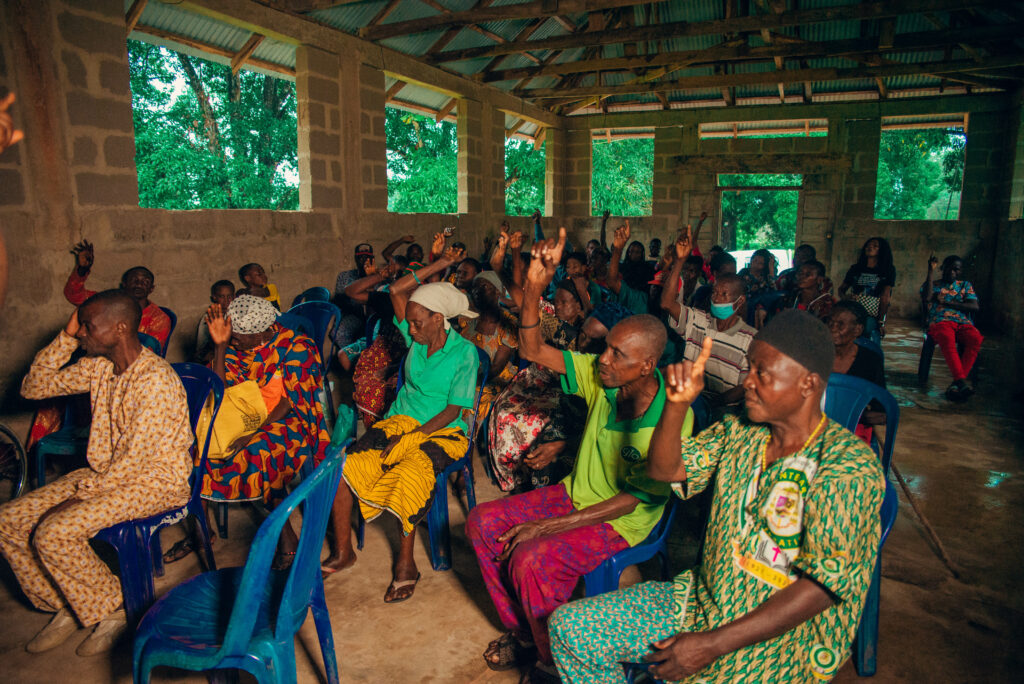
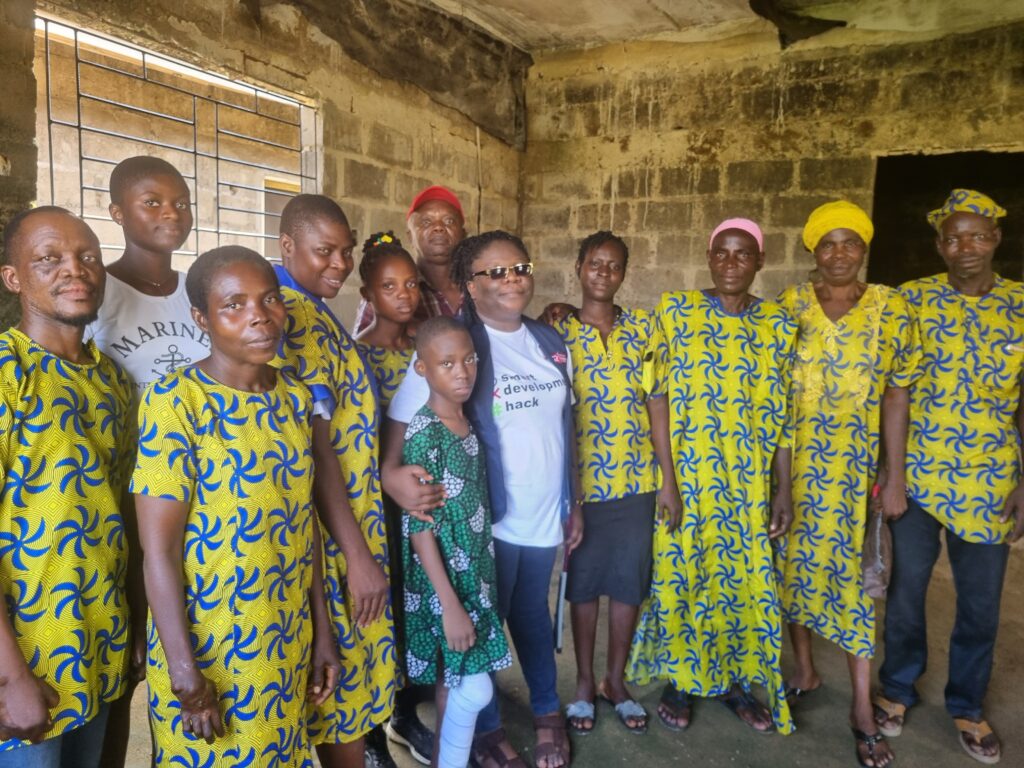
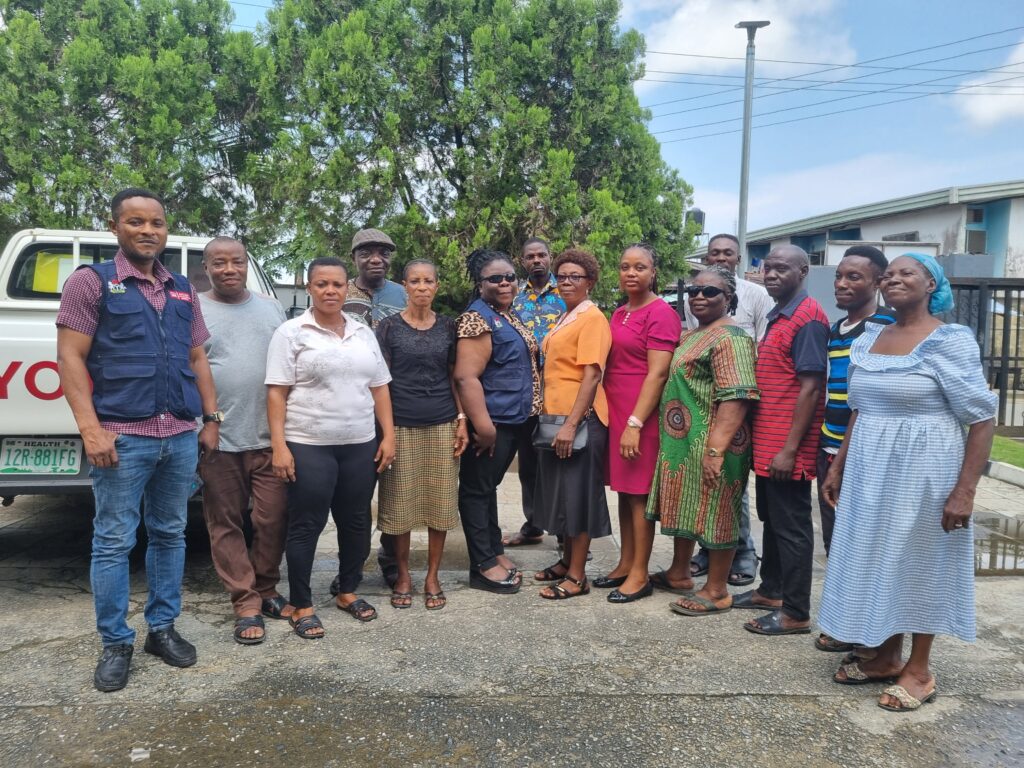
Key Achievements of the Project
- Reduction in Depression Levels: The project’s baseline survey revealed that over 80% of participants experienced significant depression. After four years of community-based mental health interventions, depression rates dropped to less than 30% in intervention areas, while they remained high in non-intervention areas. This dramatic improvement is a testament to the power of combining mental health services with community involvement.
- Livelihood Empowerment and Economic Independence: Over 100 individuals were trained in various vocational skills, and many have gone on to establish their own businesses, ensuring a sustainable source of income. This has not only improved the economic well-being of participants but also contributed to their mental health recovery by fostering a sense of purpose and self-reliance.
- Sustainable Self-Help Groups (SHGs): The creation of SHGs in all five states provided a crucial support network for individuals to share experiences, reduce self-stigma, and build resilience. These groups, facilitated by community lay counsellors, have grown into thriving communities where knowledge is shared, and emotional and practical support is offered.
A Lasting Impact: Reflections and Looking Forward
As the project concluded with a participatory reflection and learning meeting in June 2024, participants, facilitators, and community leaders came together to reflect on the successes and lessons learned. Testimonies from across the intervention areas highlight the significant impact the project had on their lives.
One of the participants summed it up beautifully: “This project has changed everything for me—not just in my work life, but in how I see myself. I feel empowered, both mentally and economically.”
The legacy of this project extends far beyond its official end date. Through the Community Lay Counsellor model, empowered individuals, and the establishment of vocational businesses, RedAid Nigeria has created a sustainable system for long-term mental health and economic resilience in these communities.
Watch the documentary that captures the inspiring journey of this project and the lives it has transformed: Documentary Link.
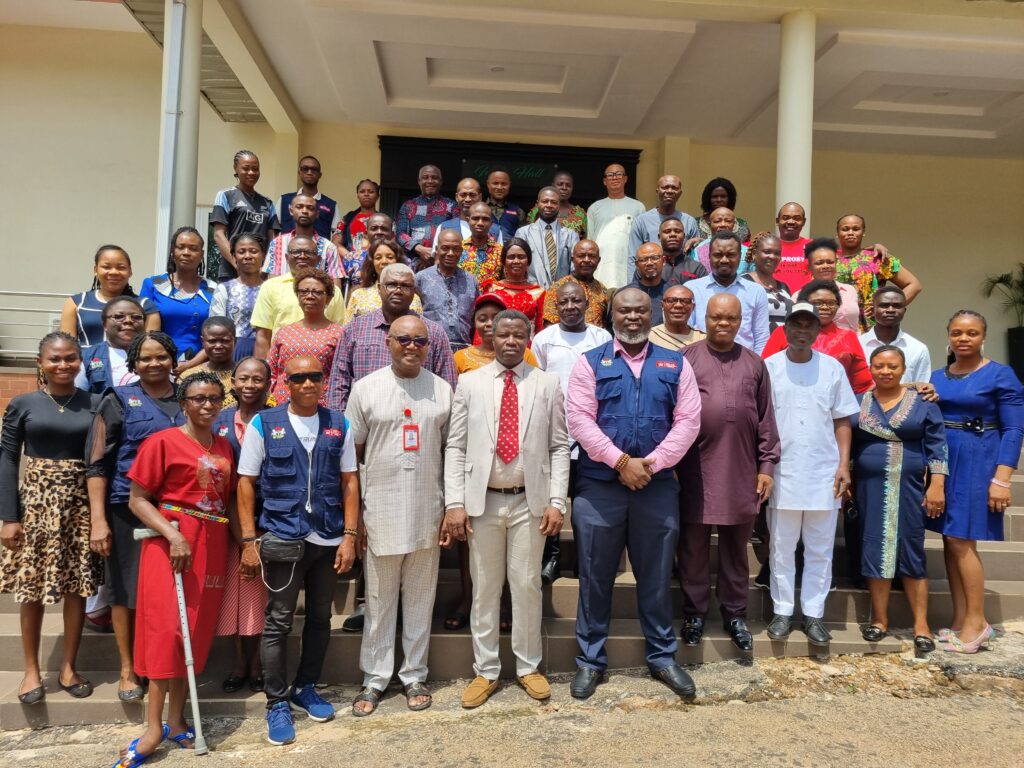
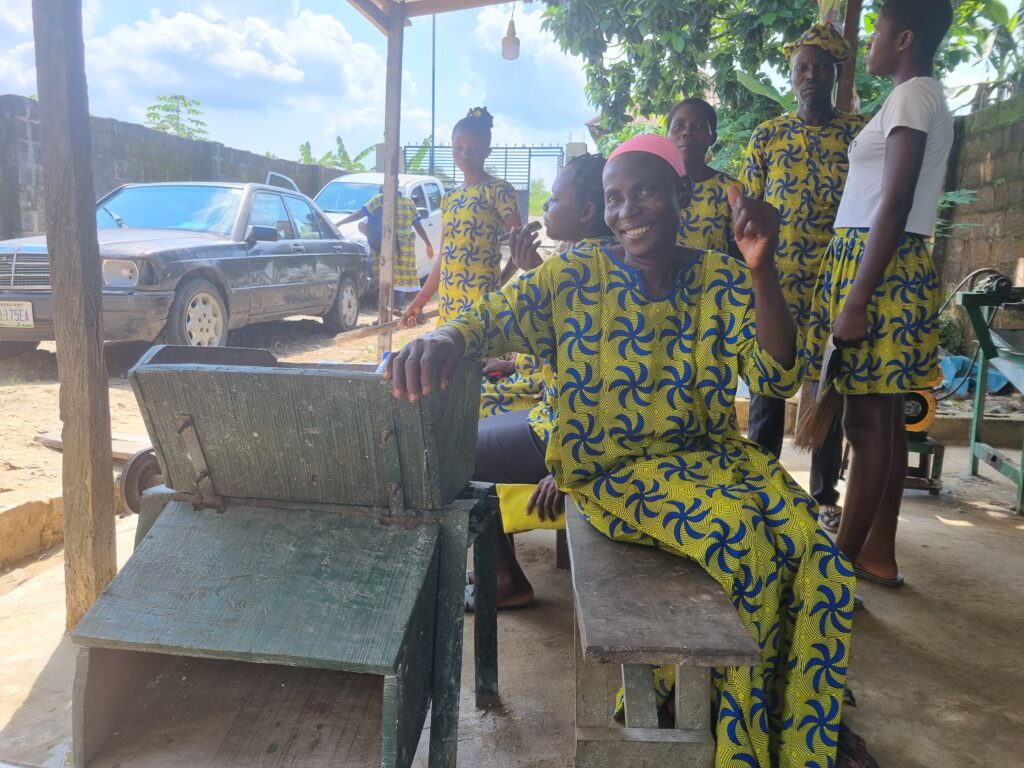

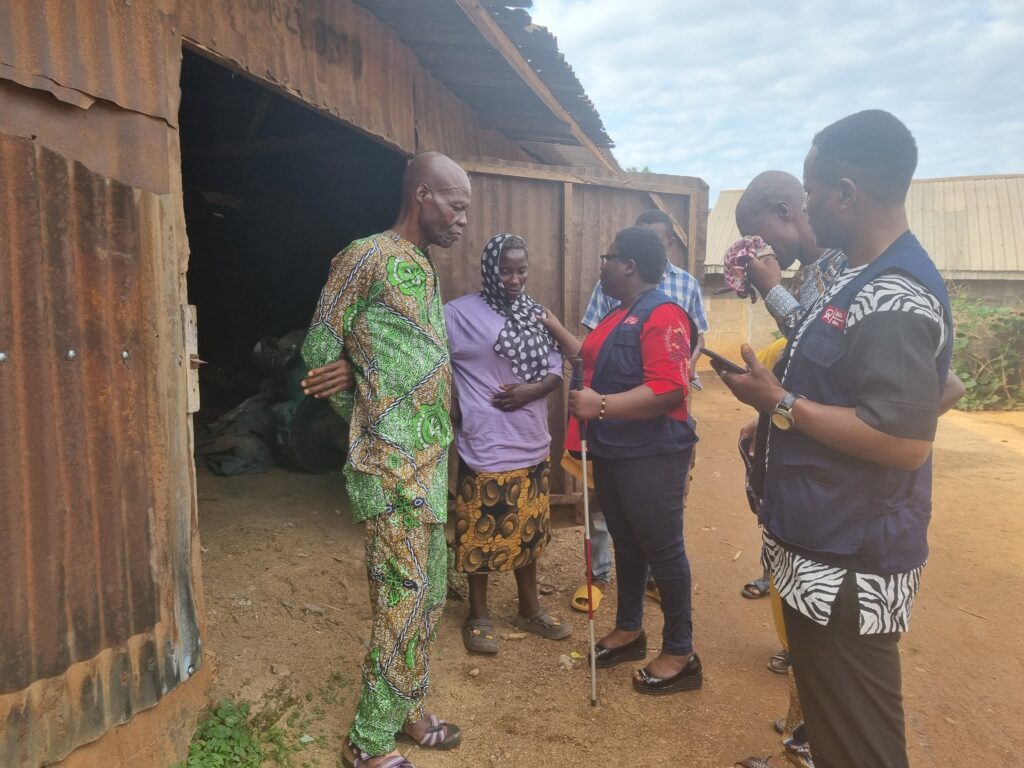
Conclusion
As we celebrate the end of this impactful project, we look ahead to the future. RedAid Nigeria is committed to advocating for the nationwide replication of this innovative model and a policy to integrate basic mental health services in the National program. With the support of the Leprosy Research Initiative and dedicated community members, we’ve taken significant steps toward a future where both mental health care and economic empowerment are accessible to all.